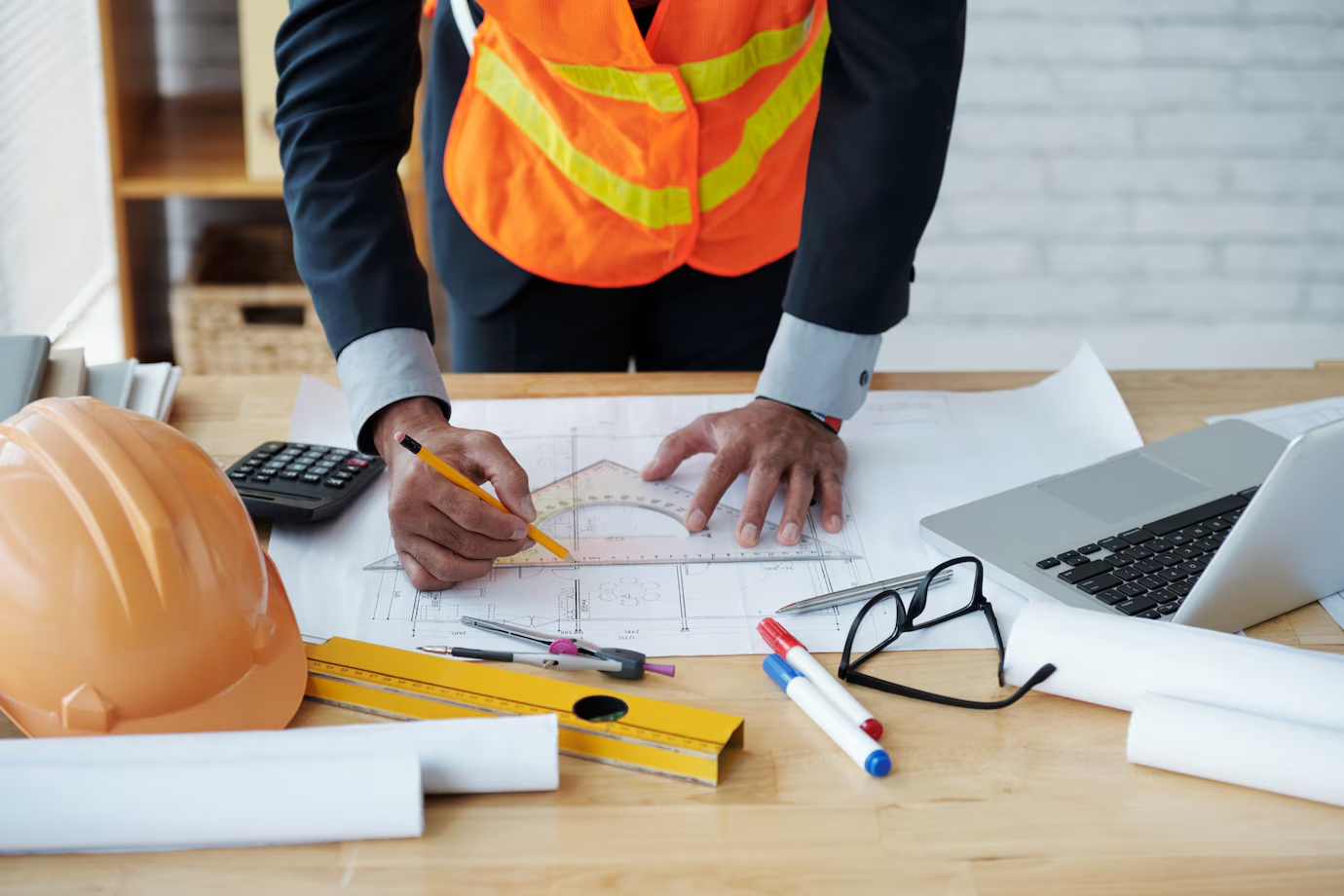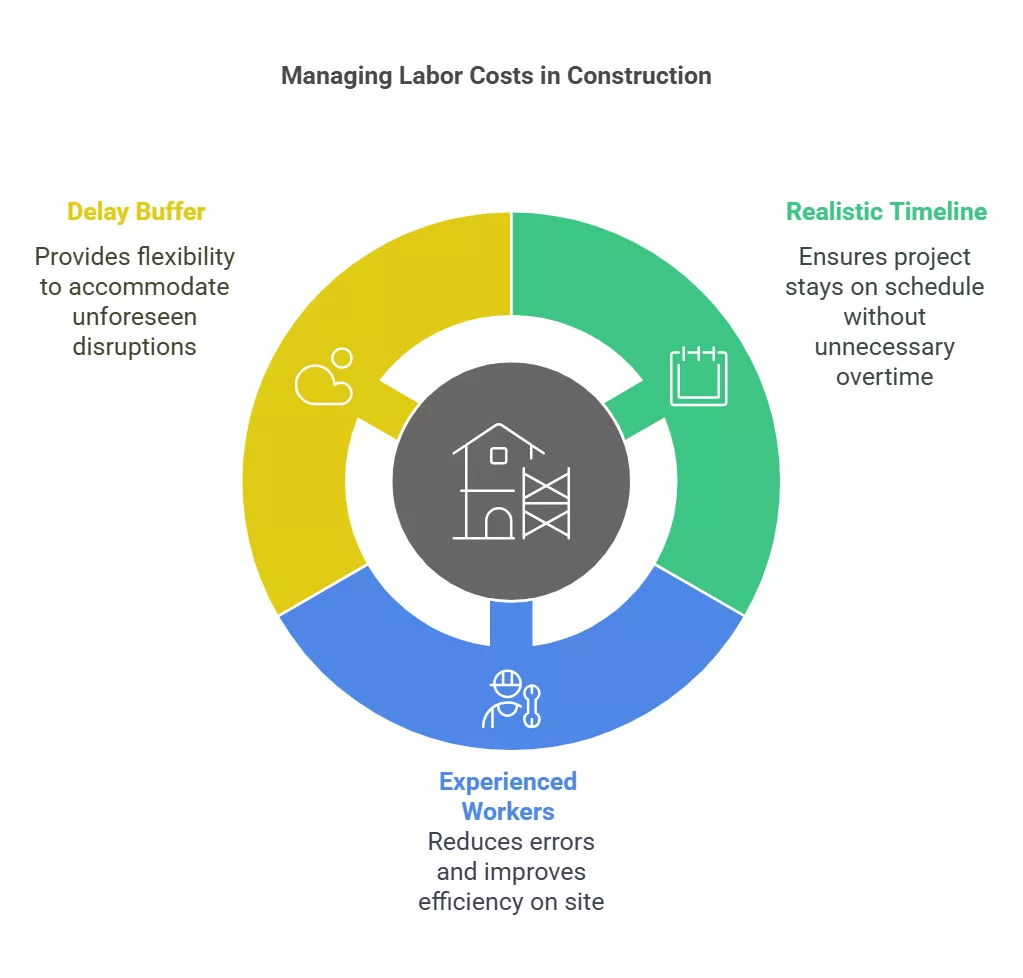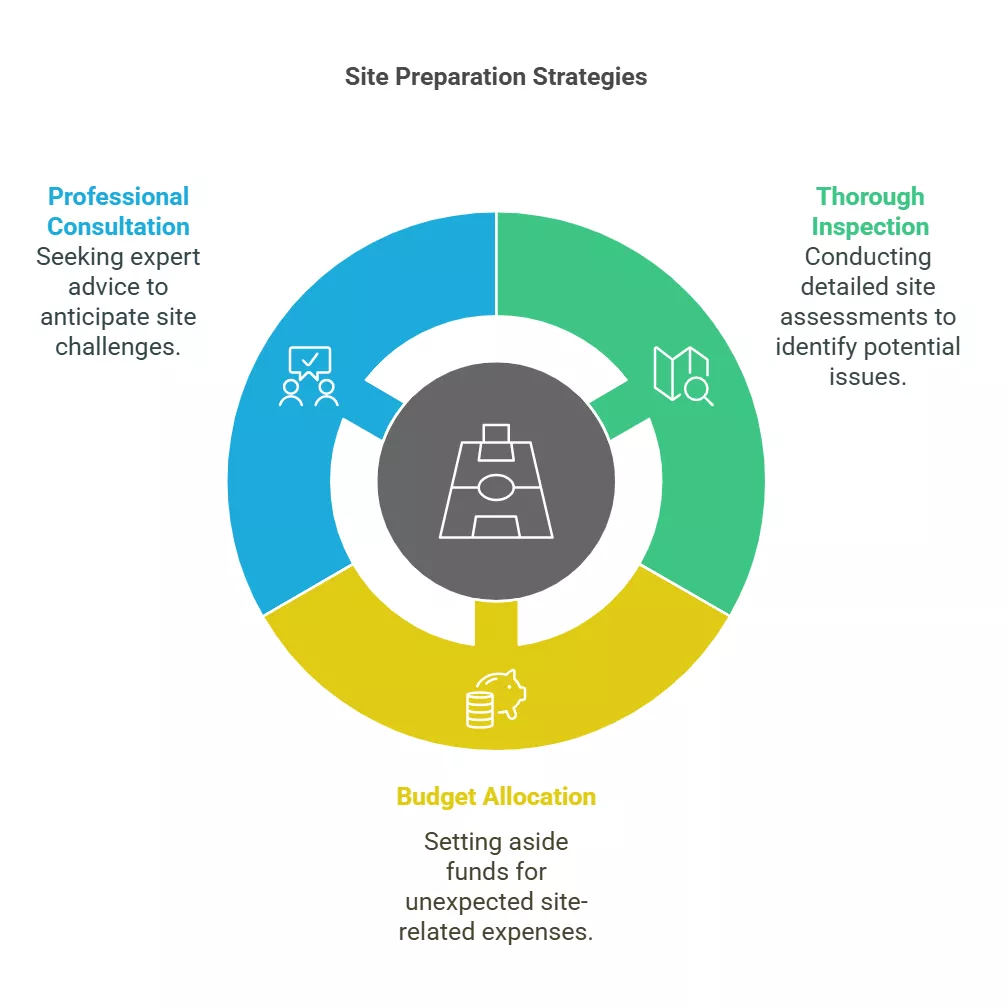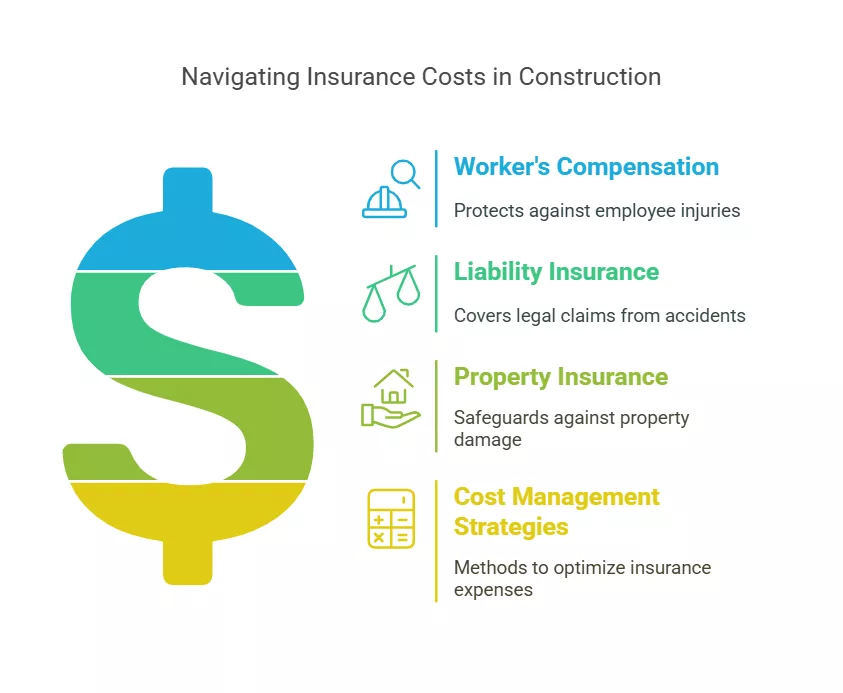Ranked #1 in Accurate and Reliable Estimation Services
A Fastest Turnaround 24 Hours!
Ranked #1 in Accurate and Reliable Estimation Services
A Fastest Turnaround 24 Hours!
Ranked #1 in Accurate and Reliable Estimation Services
A Fastest Turnaround 24 Hours!
Ranked #1 in Accurate and Reliable Estimation Services
A Fastest Turnaround 24 Hours!

When you’re managing a construction project, whether it’s building your dream home or renovating an office space, there’s more to budget for than just materials and labor. Hidden costs in construction can sneak up on you, leading to unplanned expenses and delays. These unexpected costs can quickly add up, pushing your project over budget. In this blog, we’ll walk you through 10 hidden costs in construction projects and share tips on how to avoid them, so your project runs smoothly and stays within your budget.
Before you start construction, you need to obtain several permits and have inspections done to make sure your project follows local building codes. These fees are often overlooked but can quickly add up. Without the right permits, you might face fines or delays in your project.
Labor is a major part of any construction project, and while you may think you’ve covered the basics, things like overtime pay, mistakes made by workers, or delays caused by various factors can quickly raise the costs. For example, if bad weather slows work or if a mistake happens, you may need to pay workers extra to make up for lost time.

The cost of construction materials can change unexpectedly, especially for items like lumber, steel, and concrete. These fluctuations can affect your project’s budget if you don’t plan for them. For instance, a sudden price increase could mean you need to spend more on materials than expected.
Before construction even begins, the site has to be prepared. This might involve clearing trees, leveling the ground, or digging for foundations. But, during the preparation process, unexpected problems might come up, like discovering rocky soil or underground utilities. These issues can increase costs unexpectedly.

Changes to your design or the scope of the project are common, but they can lead to added costs. Whether you decide to add a new feature or change an existing one, these changes typically come with additional fees for labor and materials. Frequent changes will especially cause your budget to increase.
Heavy equipment such as cranes, bulldozers, or mixers is essential for most construction projects. However, these items often need to be rented, and rental costs can add up quickly. Additionally, the equipment might break down or need maintenance, which could lead to additional expenses.
Bad weather like rain, snow, or extreme temperatures can halt construction work, resulting in delays and extra labor costs. Weather conditions are unpredictable, and these delays can extend the overall timeline of the project.
If your project involves connecting to utilities like water, electricity, or gas, you might face additional costs for these connections. Utility companies often charge for the installation or upgrading of service lines, and these fees can sometimes be more expensive than anticipated.
Construction projects require a variety of insurance policies, such as worker’s compensation, liability insurance, and property insurance. While these are necessary for protecting the project, they can add up, especially for large or high-risk projects.

Construction sites can generate a large amount of waste, from leftover materials to debris. Disposal costs can quickly become a hidden expense if you haven’t planned for it. Failing to properly manage waste disposal can also lead to fines or delays.
To keep your construction project within budget and avoid hidden costs, consider these strategies:
Hidden costs in construction are common, but they don’t have to derail your project. By being proactive and planning ahead, you can avoid many of these unexpected expenses. Whether it’s securing the right permits, accounting for price fluctuations, or managing labor costs, there are steps you can take to keep your project on track. Follow these strategies, stay organized, and consult professionals when needed to ensure that your construction project stays on budget and meets your expectations. If you’re looking for professional help to estimate your construction project costs accurately, consider our construction estimation services. With expert guidance, you can ensure your budget is well-planned from the start.
It’s smart to set aside 10-15% of the total project cost to cover hidden costs.
While it’s impossible to avoid every unexpected cost, careful planning and research can minimize many of them.
Make sure to include buffer time in your schedule for weather delays and use weatherproof materials to prevent additional delays.
PHONE NO:
+1 469 555 3890
MAIL ADDRESS:
Info@axisestimate.com
0 Comments